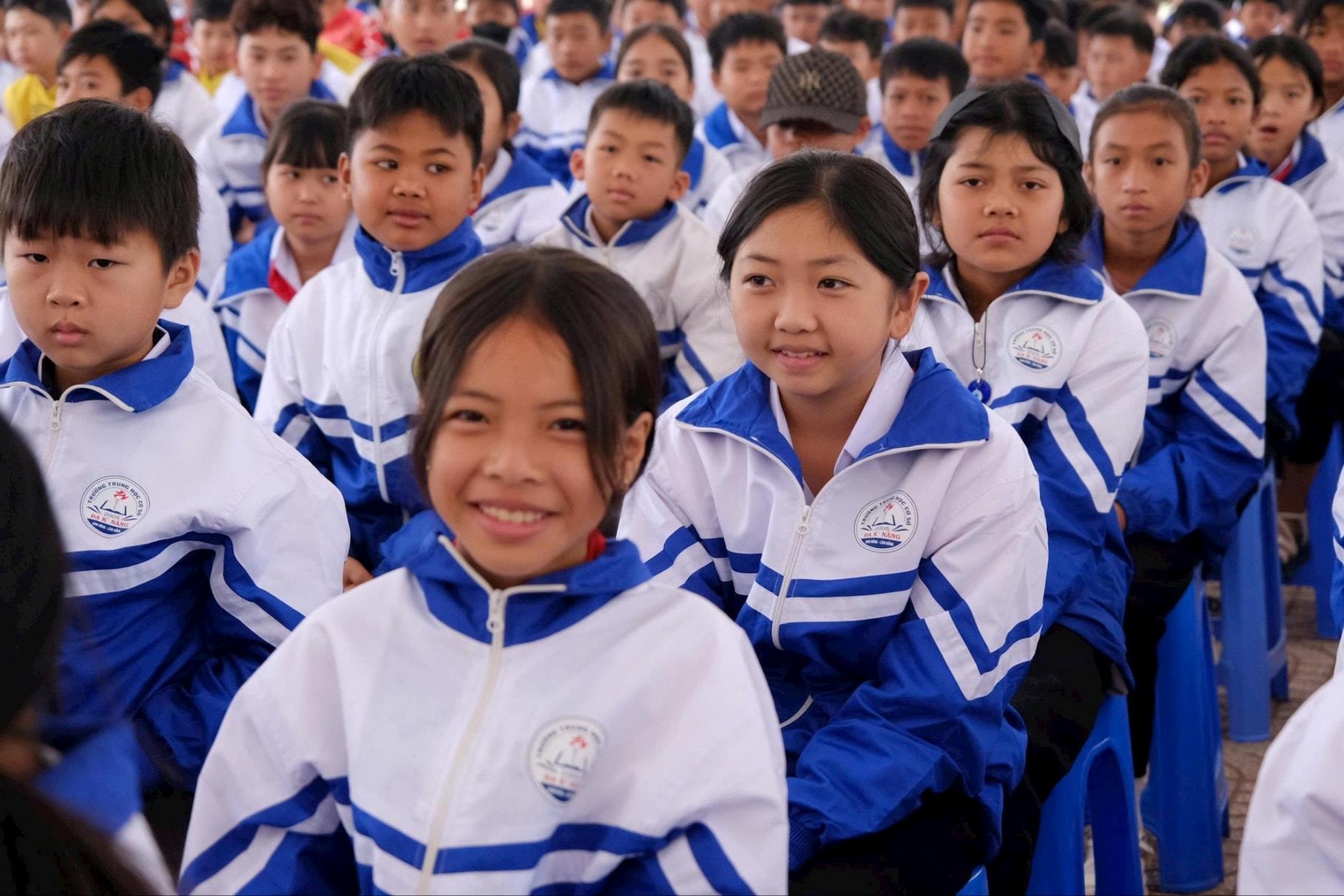
Public educational institutions are tuition-free.
Pursuant to Resolution 217/2025/QH15 dated June 26, 2025 of the National Assembly , from the 2025-2026 school year, preschool children, general education students, and students of general education programs in educational institutions within the national education system will be exempted from tuition fees.
Revenues as prescribed
The collection level of service fees supporting educational and training activities at public educational institutions in the province for the 2026-2026 school year must not exceed the collection level prescribed in Resolution No. 385/2024/NQ-HDND.
Educational institutions must develop detailed revenue and expenditure estimates; must discuss and obtain written agreement from parents at meetings of the Parents' Representative Board; ensure the principle of "revenue just enough to cover expenses", be service-oriented, not commercial, used for the right purpose, economically and effectively.
In addition, the purchase of tools and equipment related to the service of organizing boarding meals; personal hygiene for preschool children; cleaning schoolyards and student restrooms; educational facilities must develop detailed estimates, suitable to the actual conditions of each educational facility; purchase and settle payments according to current regulations.
The organization of boarding schools directly serves students according to the needs of their parents. Therefore, educational institutions must discuss and agree with parents on the conditions of eating, living, working and studying for students, ensuring nutritional conditions and meal quality. Please follow the instructions in Document No. 404/BGDĐT-GDDT dated January 24, 2024 of the Minister of Education and Training .
Lam Dong Department of Education and Training also provides guidance on other revenues, including: Revenue from life skills education activities and extracurricular educational activities; revenue from exploiting public assets (including canteens and parking lots); student health insurance; fundraising in educational institutions.
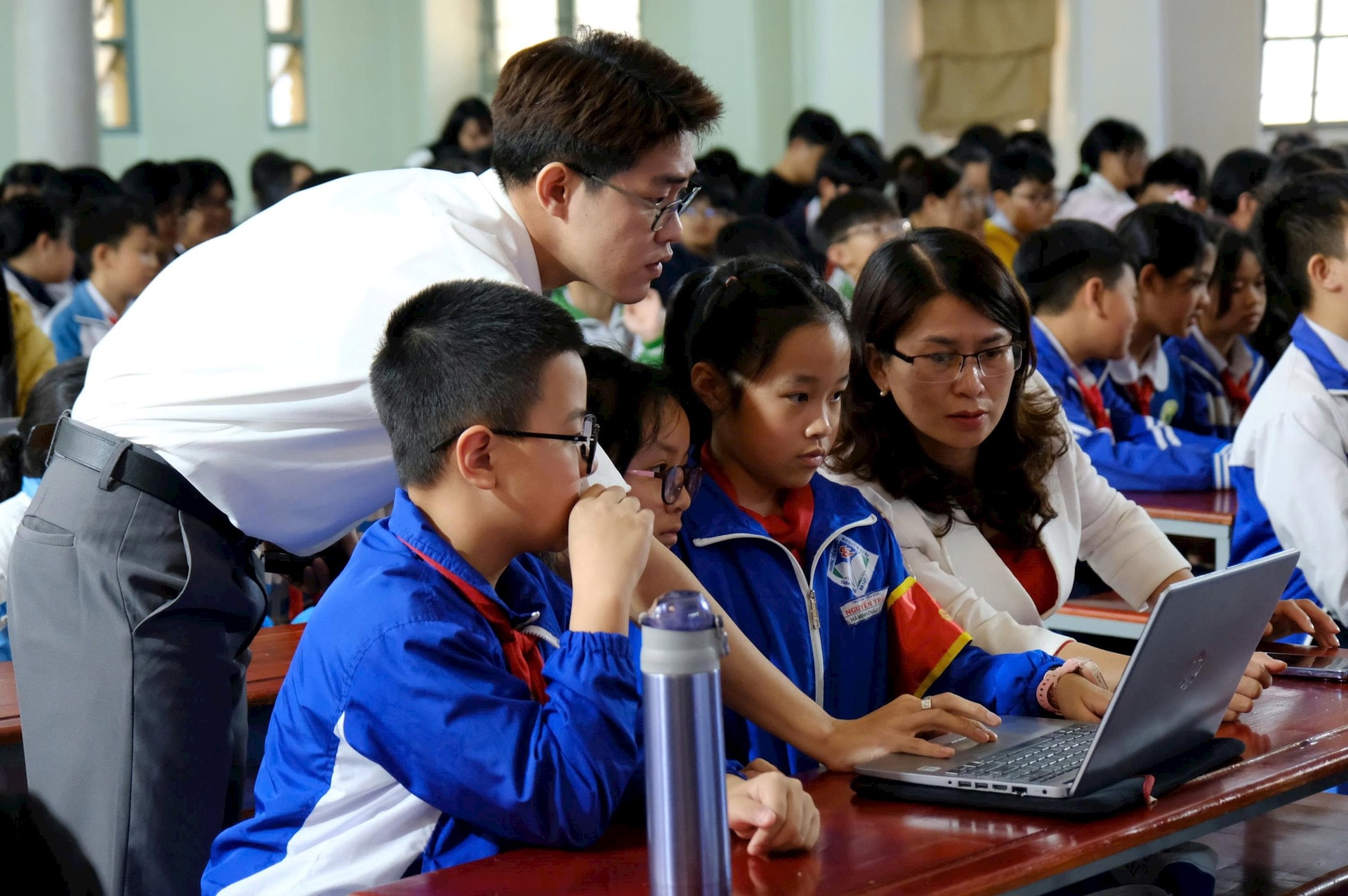
Uncollectible items
In particular, the Provincial Department of Education and Training clearly stated the non-collectible items, including: Extra teaching and learning in schools (funds for organizing extra teaching and learning in schools use the state budget and other legal funding sources according to the provisions of law); collect fees from organizations and unions in the school; operating expenses of the Parents' Representative Committee; Do not collect money to buy uniforms for students in school.
Do not collect other fees, such as: Do not collect fees for badges, student cards; do not collect fees for photocopying documents for review and testing; clean schoolyards and student restrooms according to needs (for junior high and high school levels) but balance from the unit's revenue; do not collect fees for drinking water from students, educational institutions balance from revenue to provide for students to drink and live.
The contents of electronic contact books, student score messages, etc. (application of information technology to support communication between parents and schools), student pick-up and drop-off, and extracurricular activities are agreed upon revenues. Educational institutions agree with parents (if needed) to implement the principle of full collection.

Strictly handle violations
After the document is issued, the Department of Education and Training will inspect the direction of the People's Committees of communes, wards and special zones on the organization, implementation, management and use of revenue sources; and inspect educational institutions under the Department.
During the inspection process, if any violations are discovered, strict disciplinary action will be recommended against the heads of educational institutions that allow overcharging; collecting and spending in violation of regulations; or forcing or mobilizing students or parents to pay the above-mentioned illegal fees in any form.
For organizations and individuals who violate (if any), especially the heads of educational institutions and the responsible state management agencies of education in the area that allow overcharging to occur, will be strictly handled.
For the People's Committees of communes, wards and special zones: Organize the implementation of this document to the affiliated educational institutions. It is possible to provide more specific instructions to suit the locality; strengthen inspection and review of the implementation of collection, management and use of affiliated educational institutions; take strict measures according to regulations for violating units and individuals (if any), especially the heads of educational institutions that allow overcharging.
For educational institutions, organize dissemination and propaganda to the staff, teachers, employees in the unit, and all students and parents. Publicize the collection fees so that parents know and cooperate in implementation.
See details here.
Source: https://baolamdong.vn/huong-dan-thuc-hien-cac-khoan-thu-nam-hoc-2025-2026-tren-dia-ban-tinh-lam-dong-390417.html



![[Photo] Prime Minister Pham Minh Chinh meets with South African President Matamela Cyril Ramaphosa](https://vphoto.vietnam.vn/thumb/1200x675/vietnam/resource/IMAGE/2025/10/23/1761226081024_dsc-9845-jpg.webp)
![[Photo] Prime Minister Pham Minh Chinh chairs meeting on railway projects](https://vphoto.vietnam.vn/thumb/1200x675/vietnam/resource/IMAGE/2025/10/23/1761206277171_dsc-9703-jpg.webp)
![[Photo] President Luong Cuong holds talks with South African President Matamela Cyril Ramaphosa](https://vphoto.vietnam.vn/thumb/1200x675/vietnam/resource/IMAGE/2025/10/23/1761221878741_ndo_br_1-8416-jpg.webp)


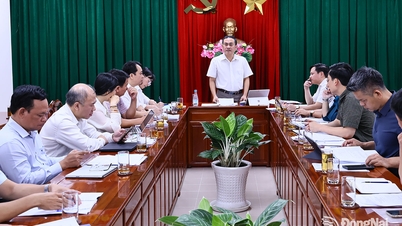

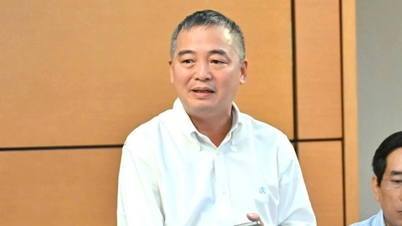

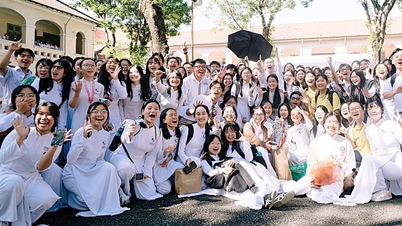



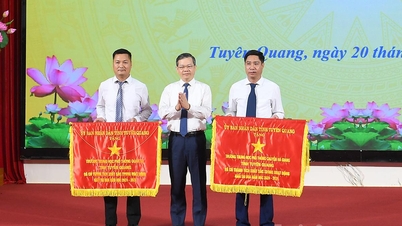

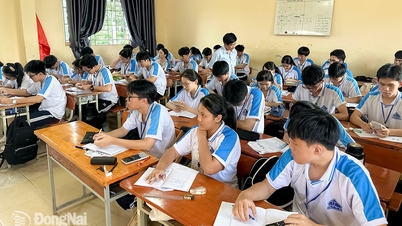
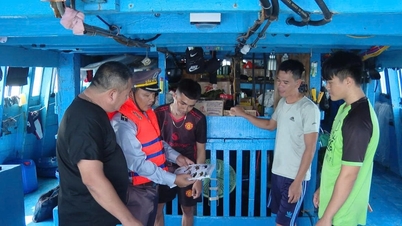
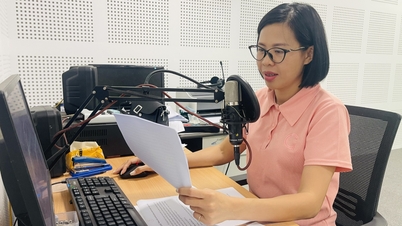

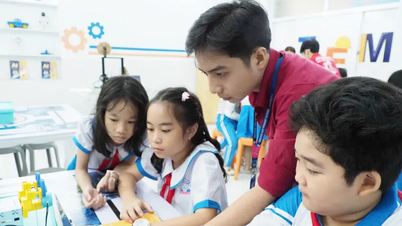

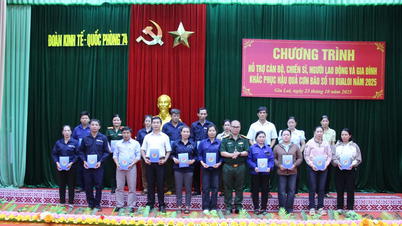

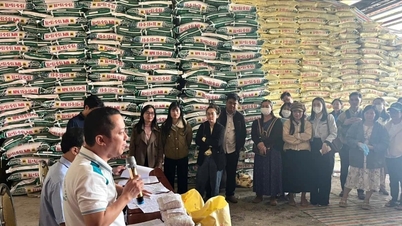
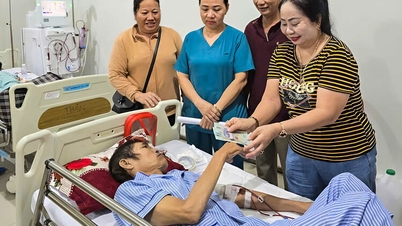





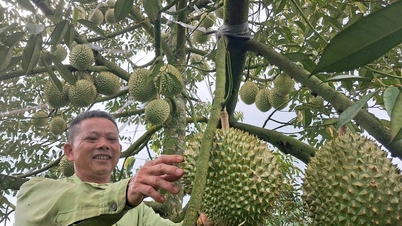
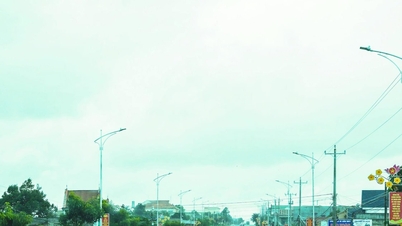
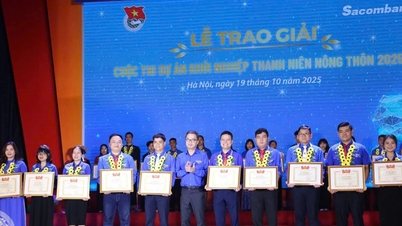
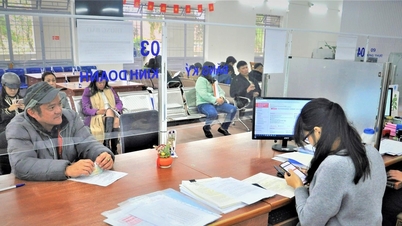
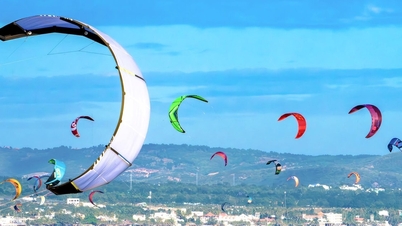
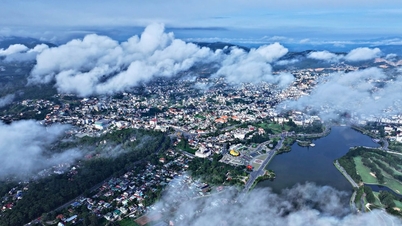

































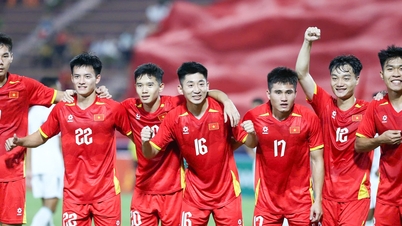

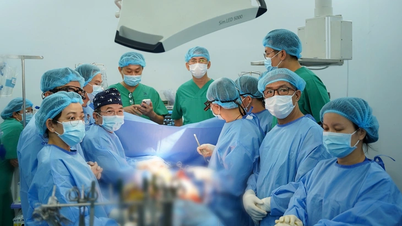


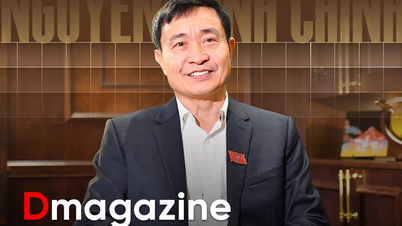


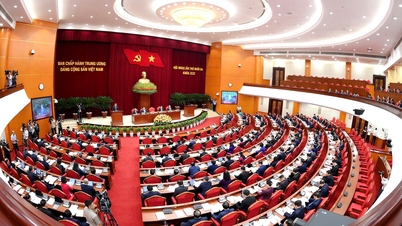



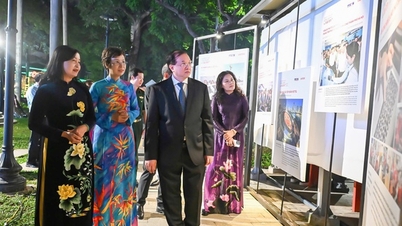





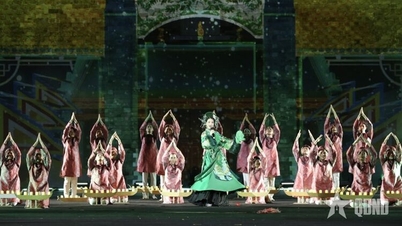
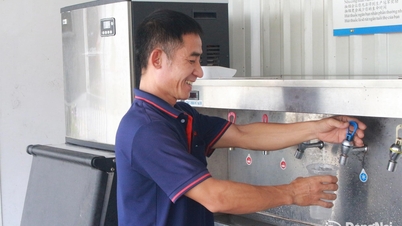
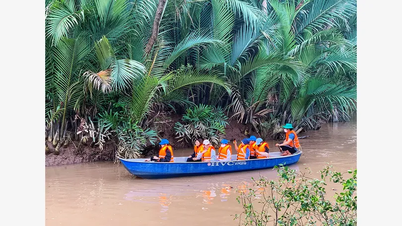

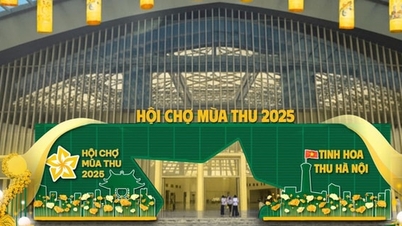













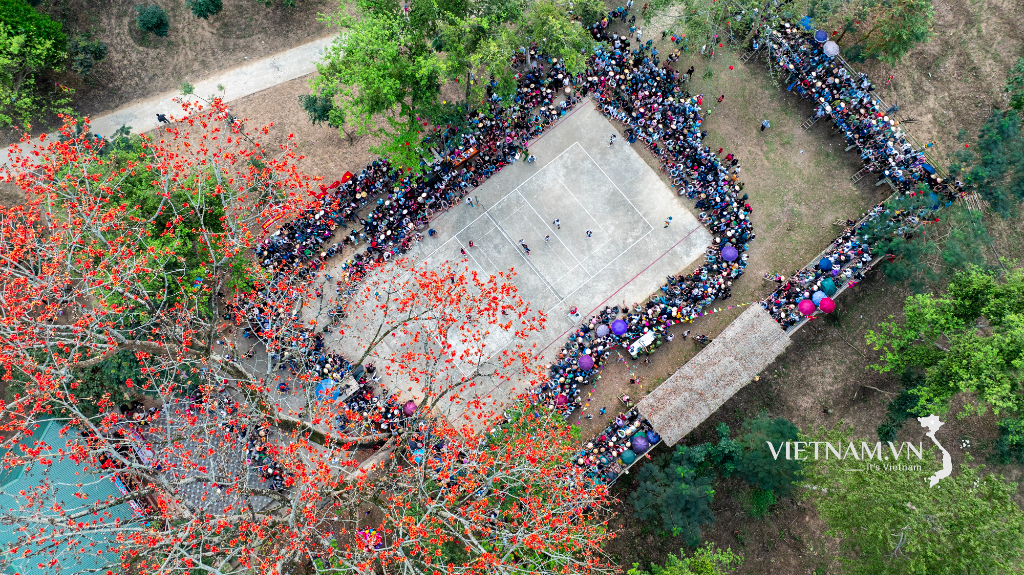



Comment (0)